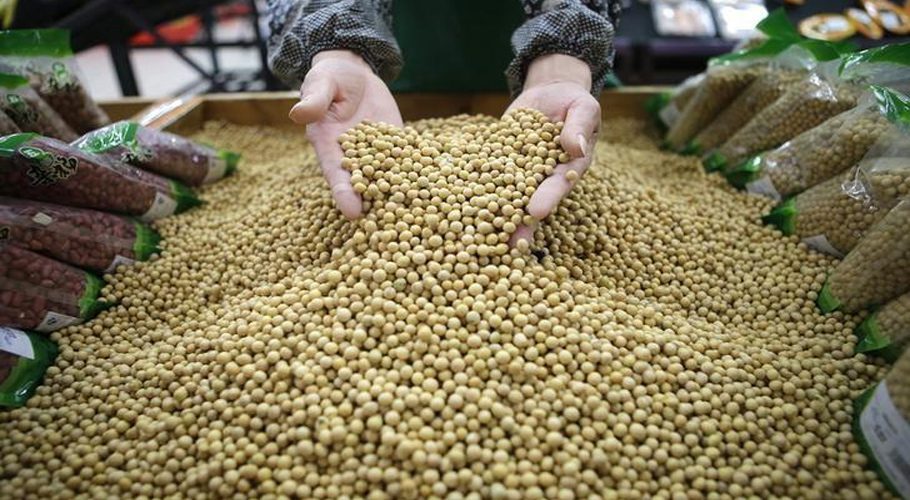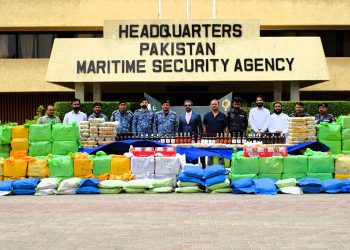ISLAMABAD: The Federal Tax Ombudsman (FTO) on Friday instructed the Federal Board of Revenue (FBR) to immediately release the nine stuck-up consignments of soybean seeds at Port M Qasim, Karachi to avoid a potential crisis in the poultry industry.
Addressing a press conference, at the FTO Headquarters on Friday, the chief advisor to the FTO along with other advisors announced that the FTO has issued instructions to the secretary, Revenue Division/ chairman FBR, to communicate the recommendations to the secretaries, Ministry of Climate Change and Ministry of National Food Security and Research for immediate action.
According to the directive, the federal government must give the secretary of the Ministry of Climate Change immediate written instructions under Rule 27 of the Biosafety Rules, 2005, to approve a deliberate release on a single occasion as an exception to the rules, subject to the provision of assurances and undertakings from importers, the complainant, and relevant stakeholders.
Following the issuing of the one-time deliberate release order from the Ministry of Climate Change, the DG DPP, Karachi, issued release orders for the nine stuck-up consignments of soybean seeds at Port M Qasim, Karachi, in accordance with Rule 20(2) of the Biosafety Rules, 2005.
The Collector, Collectorate of Customs, Port M Bin Qasim, Karachi, on receipt of release order from DPP, Karachi, immediately process the GDs of the stuck-up consignments of soybean and issue out of charge orders on one time basis, securing the stuck-up revenue, as per law; The EPA and National Biosafety Committee to process the pending applications of the GMO soybean importers for grant of license, as per law, under Rule 11 of National Biosafety Rules, 2005; and report compliance within seven days.
In the subject matter the DPP, Karachi, has been issuing import authorisation to all such import consignments of soybean seeds since 2015 and the importers accordingly opened LCs and affected the import of soybean seeds for crushing and for use of its residue for making poultry meals.



































